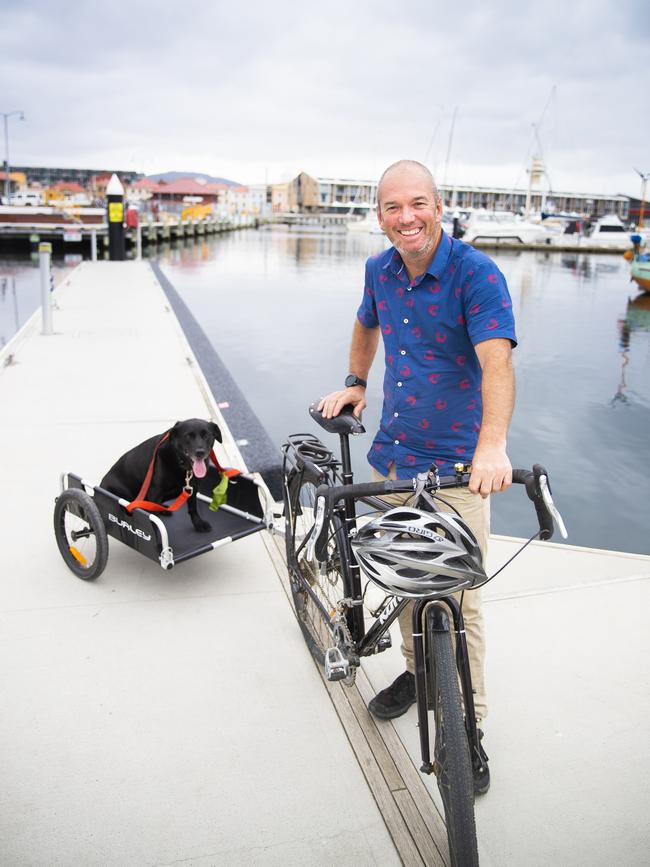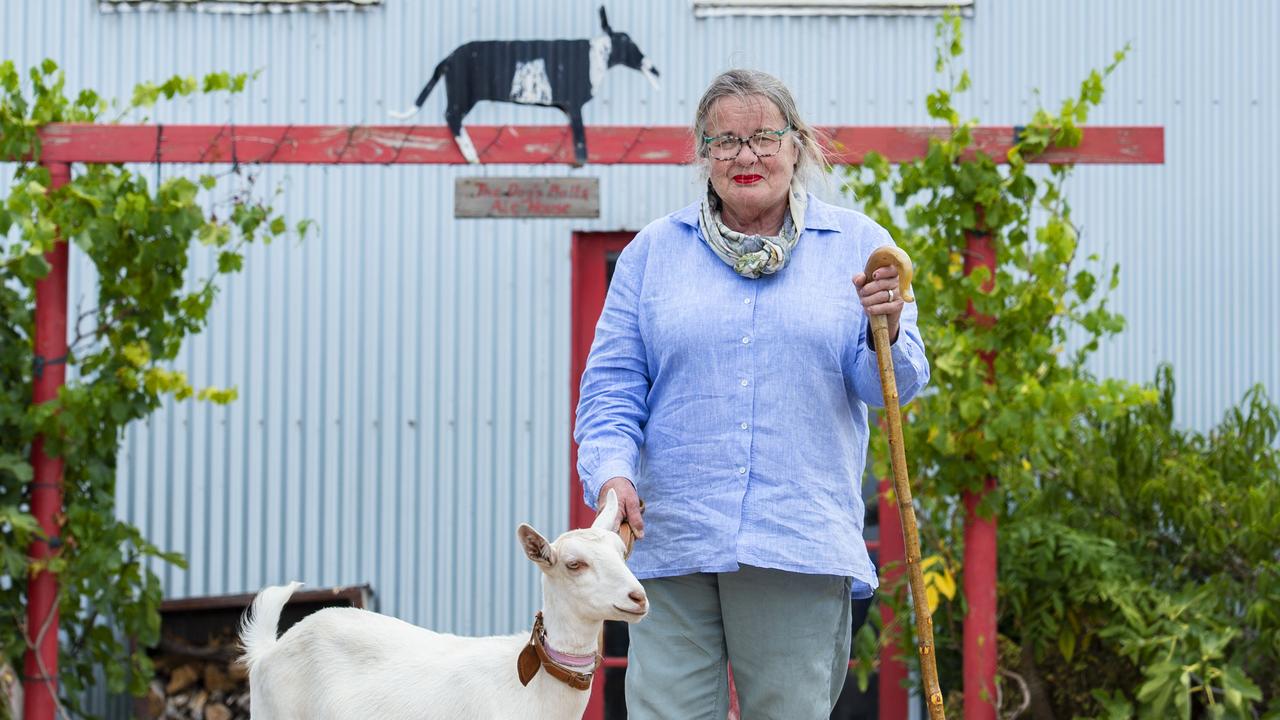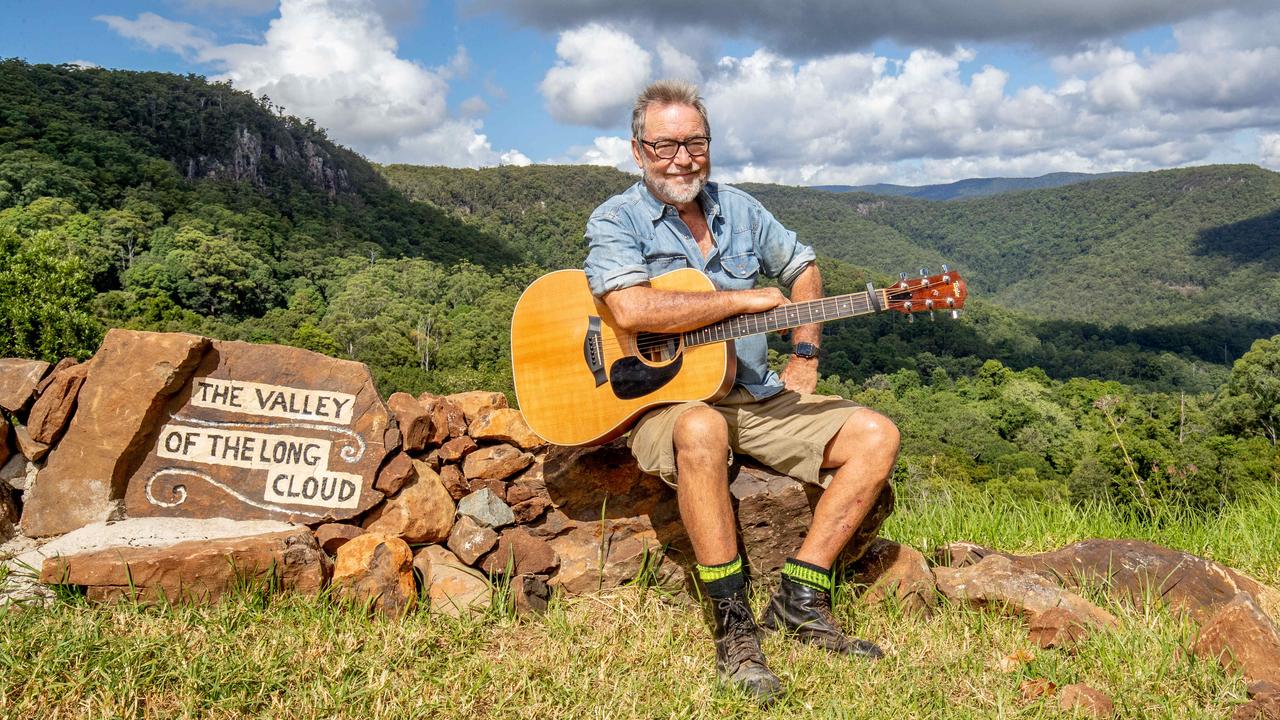Slow Tasmania platform is about savouring the best in rural towns
A freelance writer and photographer is creating an online resource for those who relish growth at a slower pace.
‘HOME isolation” and “self-quarantine” was unheard of when Chris Crerar had the idea to launch the Slow Tasmania platform at the end of last year.
“The idea was to highlight people in Tasmania who are doing things the slow way. I don’t mean snail’s pace, but right, like farmers growing crops with permaculture,” Chris says.
“In other words doing things in a non-industrial way, that hark back to old methods of growing or producing and that don’t fit into the corporate, 21st-century mould. People who are driven more by passion than profit and with a strong link to community.”
But then coronavirus happened and “slow” took on a whole new meaning.
“I think what is going on now with coronavirus has made us all aware of how rushed life has become,” he says.
“Whether you like it or not, everyone has to slow down now. Personally I’ve started meditating daily. But I’ve observed friends and people on social media slowing down, baking bread, gardening, self-sufficiency, learning a musical instrument, taking us away from simply looking at a flat screen all the time.”

So while Slow Tasmania is now seen through the filter of the virus, it started out as a celebration of old school growing and making.
Chris, now a freelance writer and photographer, who used to work for The Australian and Hobart’s The Mercury, is uploading his inspiring slow stories to an Instagram portal (@slow.tasmania), with plans to make a website down the track.
The portal highlights such stories as farmers’ markets and how they support local producers; a potter who grapples with making more in a world “that doesn’t need more things”; and an artist who makes sprinklers for the garden that are more like art.
Chris says coronavirus has also slowed down his plans with Slow Tasmania, especially getting out and about to visit subjects.
But once it passes he will be exploring the Apple Isle, focusing at first on the south, with next places on his list including a small butter manufacturer and a craftsman who makes spoons from recycled timber.
“Tasmania is the 26th-biggest island in the world, about the same size as the Republic of Ireland or Sri Lanka, so I don’t want to stretch myself too far.”
The 50-year-old says the idea for Slow Tasmania also came about because he could see his boyhood home changing rapidly.
House prices, for instance, have skyrocketed on the back of a growing population, with people drawn to the island state for its culture and lifestyle.
“There are definitely people moving here who are climate refugees, who can’t handle the heat up north and come here for a reprieve,” he says.
“After decades of little change, Tasmania is changing rapidly and there’s a sense people are careful about not losing some of the special things about living here.”
Chris grew up in a mud brick house near Launceston, became a photographer at The Mercury at 19. He worked in Scotland for two years before then becoming a photographer at The Australian.
In that fast-paced, high pressure role he covered the likes of East Timor, travelled to Macquarie Island and up to indigenous communities in northern Australia.
It was while photographing a particularly “awful” County Court case in Melbourne that he was pushed into busy traffic, narrowly escaping being hit by a truck.
He says the event proved a challenge and inspired him to return to Tasmania.
“Unlike an SAS soldier who will get acute post-traumatic stress, this was a more insidious version that creeps up, with no one event tipping you over the edge.”
As a freelance photographer and writer, he specialises in environmental sustainability, food, wine and travel stories — he has recently returned from a horseriding trek through Tibet for three days above 4000m.
Chris, his partner Annette Barwick and dog Charlie now live on a yacht at the Kettering marina, in southern Tasmania, and they plan to build
a home on a block of land not far away.
“The plan is to build the house, a vegie garden and fruit trees,” he says. “Until then I’ll be inspired by the people I chat to for Slow Tasmania.”
MORE COUNTRY LIVING
THE SHOW TEACHING KIDS ABOUT FARM LIFE


